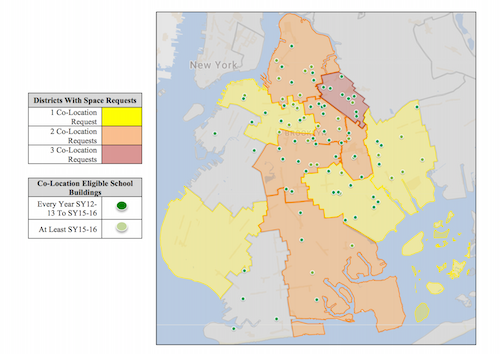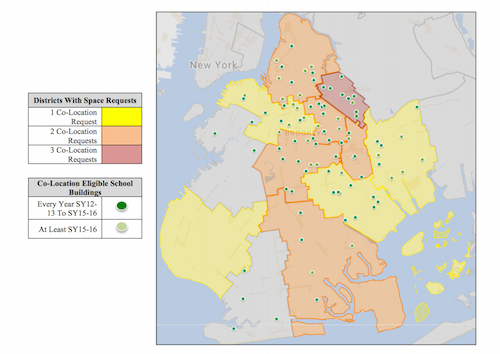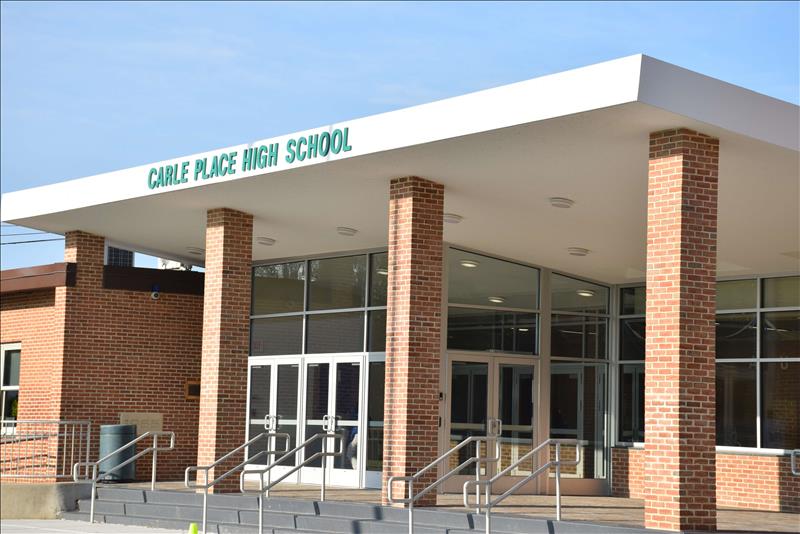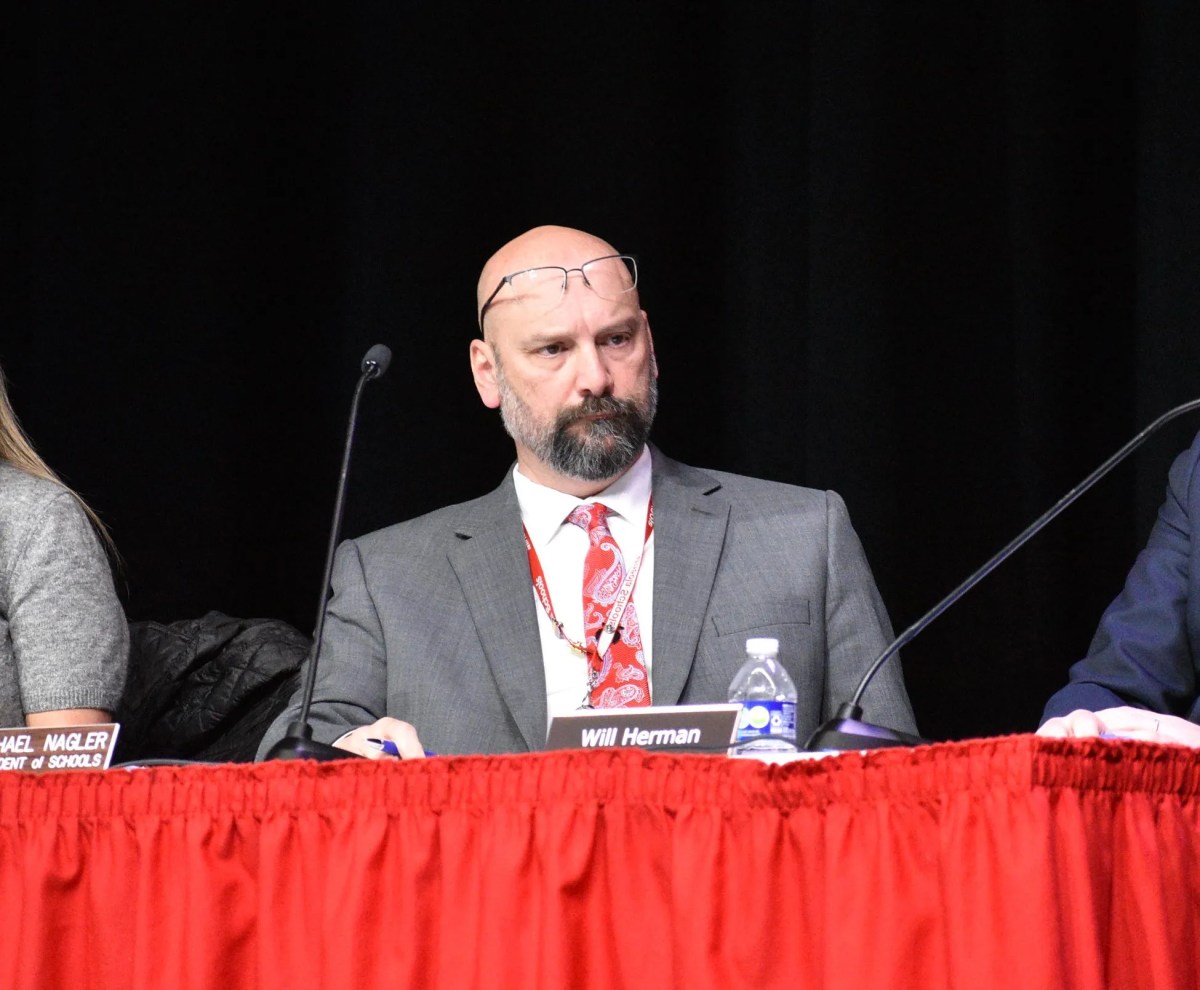The pro-charter schools advocacy organization Families for Excellent Schools (FES) and the city’s Department of Education (DOE) were at odds today over exactly how much city-owned space there is in Brooklyn to locate more charter schools space.
The dispute centered around last weeks FES analysis that charged the de Blasio administration with repeatedly denied charter schools space in public schools despite there being 112 chronically underutilized school buildings across the city (defined as having 300+ open seats every year since 2012).
In a further breakdown the analysis found that Brooklyn, in addition to being the most sought-after borough for charter school co-location requests, has 92 of these school buildings with 300 or more open seats.

Additionally more than two-thirds of these buildings are chronically underutilized and have been able to accommodate a charter school co-location for four consecutive years, and are located precisely where charters are seeking access to public space, according to the analysis.
The analysis comes as there are 27 charter schools seeking space, and among the deals reportedly made between the de Blasio Administration and state lawmakers is he would be more accommodating to honoring these requests.
“Though Mayor de Blasio’s promise to work with the charter sector is encouraging, it remains to be seen whether he plans to keep it,” said Jeremiah Kittredge, CEO of Families for Excellent Schools. “How the de Blasio administration handles these 27 space requests is a good litmus test for how it really intends to treat charter leaders and the students they serve.”
But DOE Spokesperson Michael Aciman maintained that school utilization rates are a snapshot in time and do not reflect anticipated changes that are already being planned, including expansions, new charter and district schools phasing in, enrollment changes, rezonings, and re-sitings. Additionally, building layout, types of space, ability to provide a contiguous and separable school environment, and other district needs merit considerations, he said.
Aciman noted that of the 112 buildings referenced in the FES report, 10 are projected to have fewer than 300 excess seats in 2017-2018, 22 will have schools phasing in during the 2018-2019 school year and are expected to have insufficient space for a new co-location at scale, and more than 50 others are not feasible for new co-locations due to factors including temporary sitings already in place, ongoing DOE initiatives and campus configuration challenges.
“We’ve been in close communication with each charter organization and this misleading report is just another attempt to politicize the education of New York City children. We will continue to follow State Law and work with charter schools to assess space requests in a timely manner and ensure the equitable use of school buildings for all students,” said Aciman.










